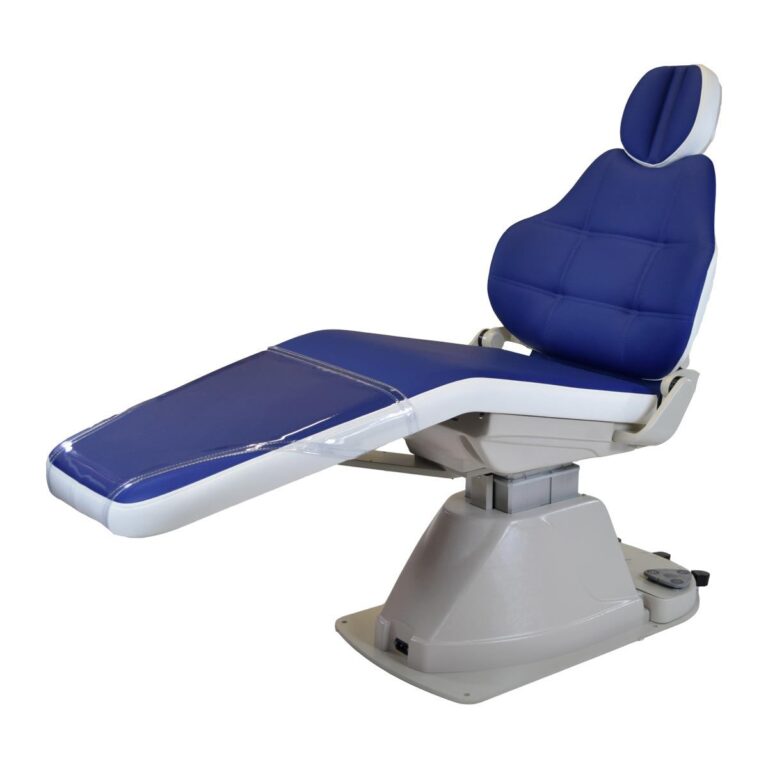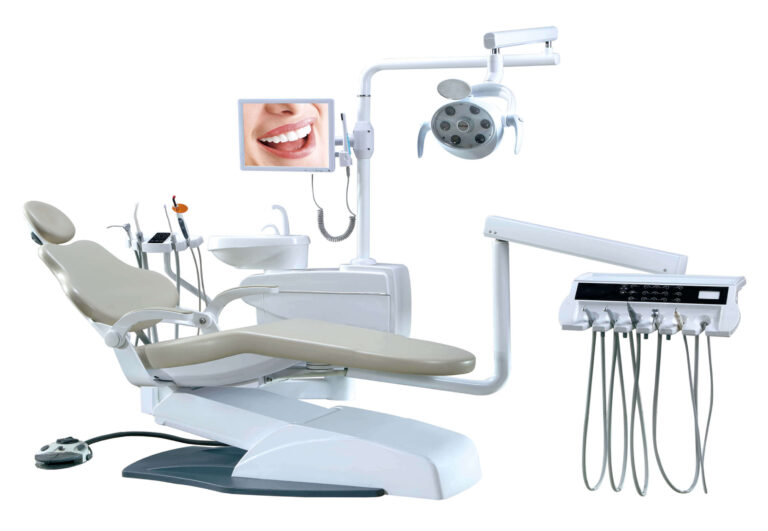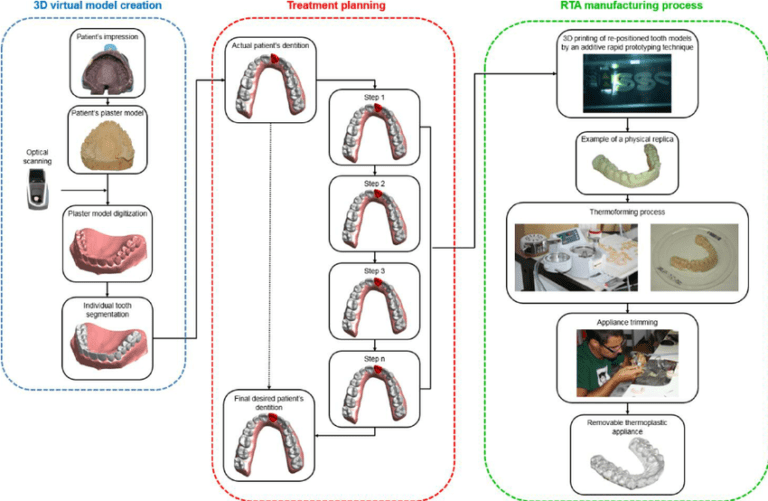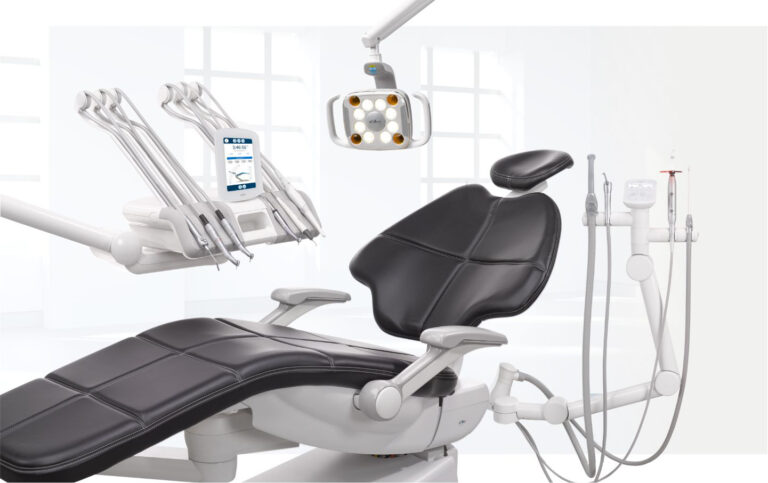Understanding the Importance of Accessible Dental Care for Bariatric Patients
Providing comfortable and safe dental treatment for patients of all sizes is crucial for promoting optimal oral health outcomes. However, for individuals struggling with obesity, accessing appropriate dental care can be a significant challenge due to the weight limits of standard dental chairs. As the prevalence of obesity continues to rise globally, with over 650 million adults classified as obese in 2016 according to the World Health Organization, it is imperative for dental professionals to recognize the need for specialized bariatric dental chairs that can safely accommodate patients with higher weights.
Failing to provide suitable seating options may lead bariatric patients to delay or avoid necessary treatments, resulting in worsened oral health outcomes and potential complications. By investing in accessible dental equipment, practices can create an inclusive environment that promotes optimal care for all patients, regardless of their size.
Standard Dental Chair Weight Capacities and Limitations
The weight capacity of traditional dental chairs typically ranges from 300 to 400 pounds, depending on the manufacturer and model, such as the A-dec dental chair weight limit. While this may be sufficient for many patients, those exceeding this limit may experience discomfort or even risk equipment failure during treatment.
The American Dental Association (ADA) emphasizes the importance of investing in equipment that can safely and comfortably accommodate patients of all sizes to ensure equal access to care. Dr. Sarah Johnson, a dentist with extensive experience treating bariatric patients, notes, “When dental practices fail to provide bariatric dental chairs, patients may be too fat for the dentist chair, leading them to delay or avoid necessary treatments and experience worsened oral health outcomes.”
Bariatric Dental Chairs: Designed for Comfort and Safety
To address the unique needs of overweight patients, manufacturers have developed specialized bariatric dental chairs that offer several key features:
- Reinforced frames and hydraulics: Bariatric chairs are engineered to safely support up to 1,000 pounds, ensuring stability and durability during treatment. This is significantly higher than the typical dentist chair weight limit.
- Wider seat pans and backrests: The increased width of these chairs, often 24-30 inches compared to the standard 18-20 inches, provides added comfort and space for patients of larger sizes.
- Motorized controls: Smooth and precise positioning is made possible through motorized controls, allowing for safe and easy adjustments, even for an obese dental chair.
- Sturdy armrests and footrests: Reinforced armrests and footrests offer additional support and stability throughout the dental procedure, a crucial feature for a bariatric dental bench.
“Investing in bariatric dental chairs is essential for creating an inclusive and welcoming environment for all patients,” explains Dr. Michael Patel, a dental equipment specialist. “By providing this specialized equipment, dental practices can ensure that every patient receives the care they need without fear of judgment or discomfort, regardless of the dental chair weight limit in kg.”
For more information on bariatric dental chairs and their features, visit NFFEDental’s comprehensive guide.
Locating Dental Practices with Bariatric Equipment
For patients seeking a dental practice equipped to accommodate their needs, several resources are available:
- Obesity Action Coalition (OAC) Directory: The OAC maintains a comprehensive directory of healthcare providers, including dentists, who offer specialized equipment and services for overweight individuals.
- Direct Inquiries: Patients can contact dental practices directly to inquire about their weight limits and bariatric options before scheduling an appointment.
- Online Research: Many dental practices now list their equipment and accommodations on their websites, making it easier for patients to find suitable providers.
By utilizing these resources, patients can confidently locate dental professionals who prioritize accessibility and are equipped to provide comfortable, safe care for individuals of all sizes.
Promoting Accessibility and Inclusivity in Dental Care
As the dental industry continues to evolve, prioritizing accessibility and accommodating the needs of diverse patient populations is essential for delivering high-quality, patient-centered care. By understanding the limitations of traditional dental chairs and investing in bariatric equipment, dental practices can create a welcoming environment that promotes optimal oral health for all patients, regardless of their size.
Dental professionals can take the following steps to promote accessibility and inclusivity in their practices:
- Educate staff: Train all team members on the importance of providing respectful, non-judgmental care to patients of all sizes and backgrounds.
- Invest in accessible equipment: Allocate resources to acquire bariatric dental chairs and other specialized equipment that accommodates patients with higher weights or limited mobility.
- Collaborate with healthcare providers: Foster relationships with healthcare professionals who specialize in treating overweight and obese patients to ensure a seamless continuum of care.
- Promote inclusive messaging: Ensure that all marketing materials, website content, and patient communications reflect a commitment to accessibility and inclusivity.
By taking a proactive approach to accessibility, dental practices can build trust, improve patient outcomes, and establish themselves as leaders in providing equitable care for all individuals.
Infographic: Obesity Rates and the Need for Accessible Dental Equipment
- Worldwide obesity rates have nearly tripled since 1975, with over 650 million adults classified as obese in 2016 (World Health Organization, 2021).
- In the United States, 42.4% of adults aged 20 and over are obese (Centers for Disease Control and Prevention, 2021).
- Bariatric dental chairs can safely accommodate patients weighing up to 1,000 pounds, ensuring access to comfortable and safe dental care for individuals of all sizes (Bariatric Dental Equipment Manufacturer, 2023).
Comparison Chart: Standard vs. Bariatric Dental Chairs
| Feature | Standard Dental Chair | Bariatric Dental Chair |
|---|---|---|
| Weight Capacity | 300-400 lbs | Up to 1,000 lbs |
| Seat Width | 18-20 inches | 24-30 inches |
| Backrest Width | 18-20 inches | 24-30 inches |
| Motorized Controls | Yes | Yes |
| Reinforced Frame | No | Yes |
| Sturdy Armrests and Footrests | No | Yes |
By staying informed about the latest advancements in dental equipment and prioritizing accessibility, dental professionals can ensure that all patients receive the high-quality care they deserve. Investing in bariatric dental chairs is a crucial step towards creating a more inclusive and equitable dental care landscape for patients of all sizes.
Frequently Asked Questions
Are there laws against dentists refusing to treat patients based on weight?
Currently no federal or statewide laws explicitly prohibit dentists from refusing obese patients due to office capacity constraints. The ADA encourages dentists to “avoid discrimination against patients,” but enforcing weight limits due to safety concerns does not legally qualify as discriminatory. However, specialty dental practices receiving federal funding cannot turn away bariatric patients under the Affordable Care Act.
Do dentists have to disclose weight limits upfront before making appointments?
No laws require proactively disclosing chair weight limits. However, the ADA does encourage dentists to inform patients about physical office constraints impacting their ability to receive treatment early on to avoid issues upon arrival. Many offices now include size accommodations on websites or when scheduling by phone. Review this info before visits to avoid uncomfortable situations being unable to utilize equipment.
What healthcare providers must accommodate patients regardless of weight?
Under the Affordable Care Act, any healthcare facility receiving federal funds – including hospitals, community health centers and specialty clinics accepting Medicare/Medicaid – must accommodate bariatric patients. This includes having armless waiting room chairs, wide doorways/halls for mobility devices, accessibility equipment like stair lifts, and policies against weighing patients. Medical offices also cannot mandate patients lose weight before receiving treatment.
Can I file an ADA discrimination lawsuit against a dental office due to chair weight limits?
You cannot file an ADA lawsuit against a private dental office for enforcing legitimate weight limits or failing to accommodate heavier patients. Discrimination protection mainly applies to employment, business/public services, and select healthcare settings receiving federal funds. That said, specialty dental clinics getting government money must make reasonable accommodations, like purchasing bariatric equipment, to facilitate disabled access.






